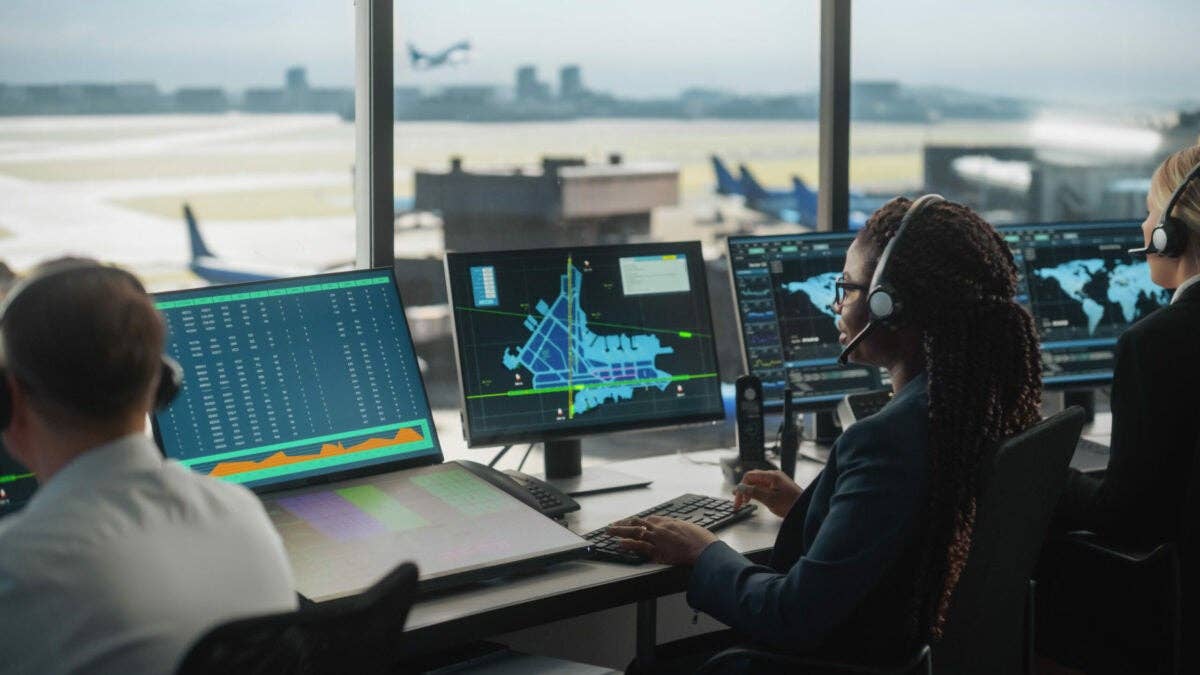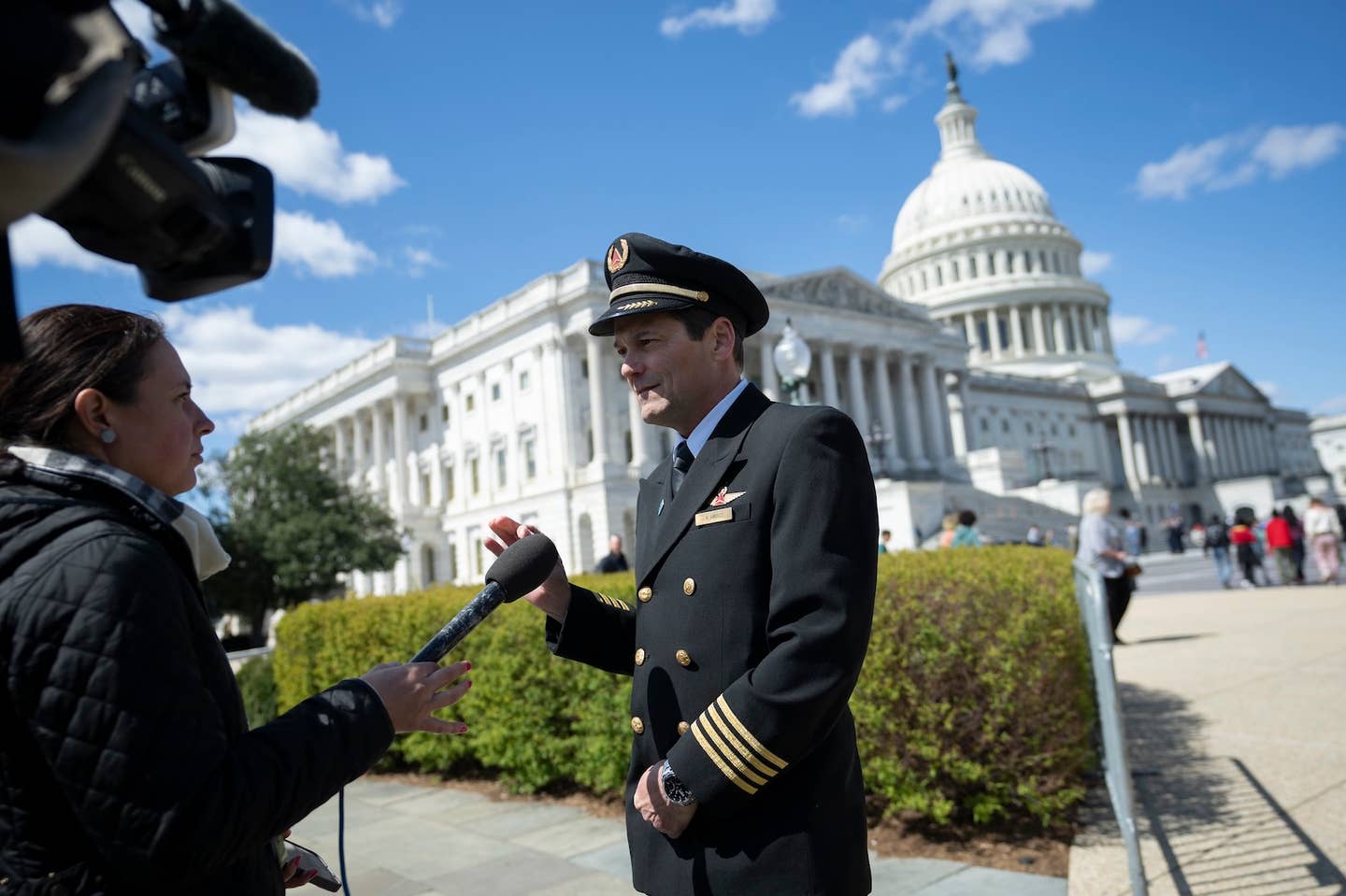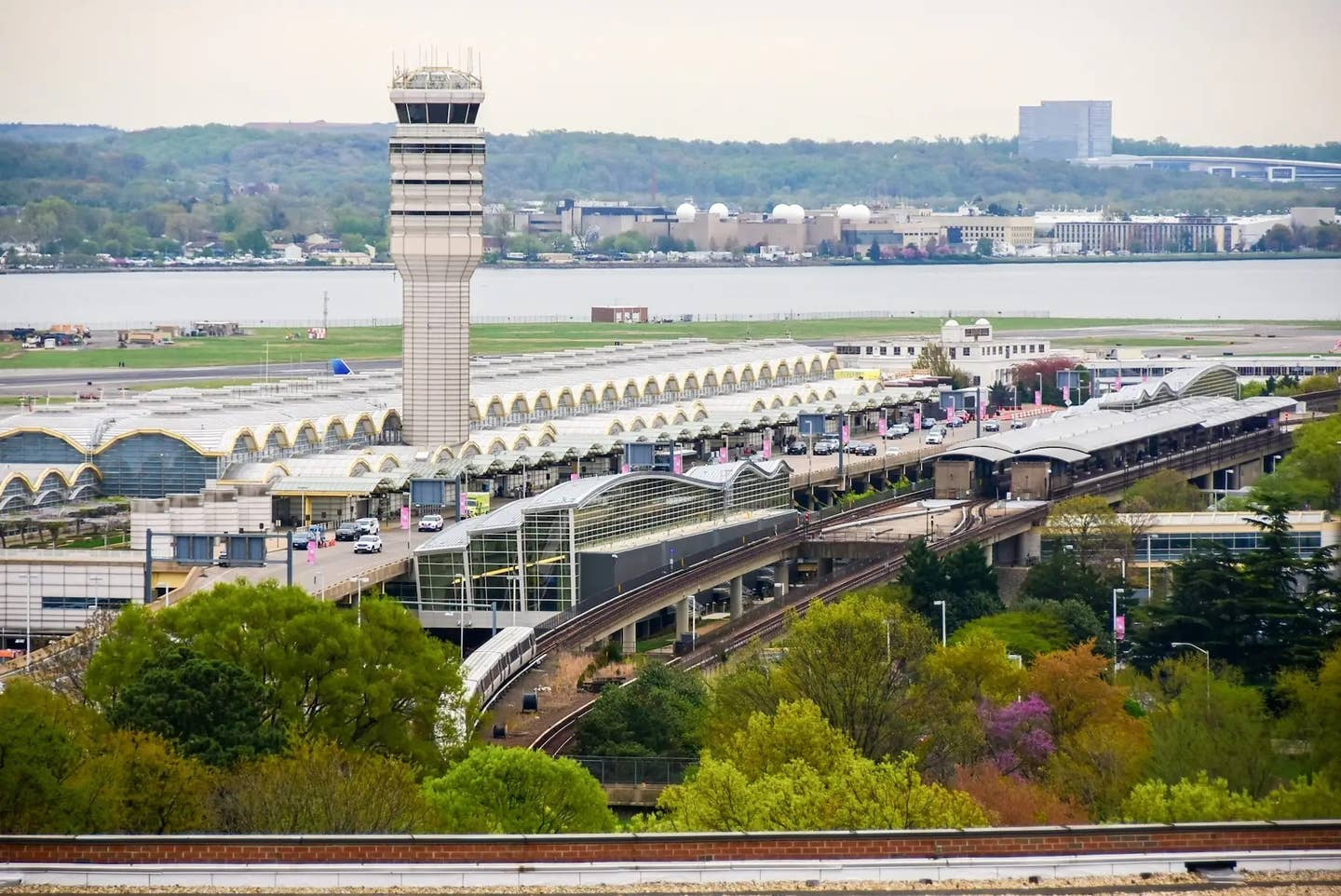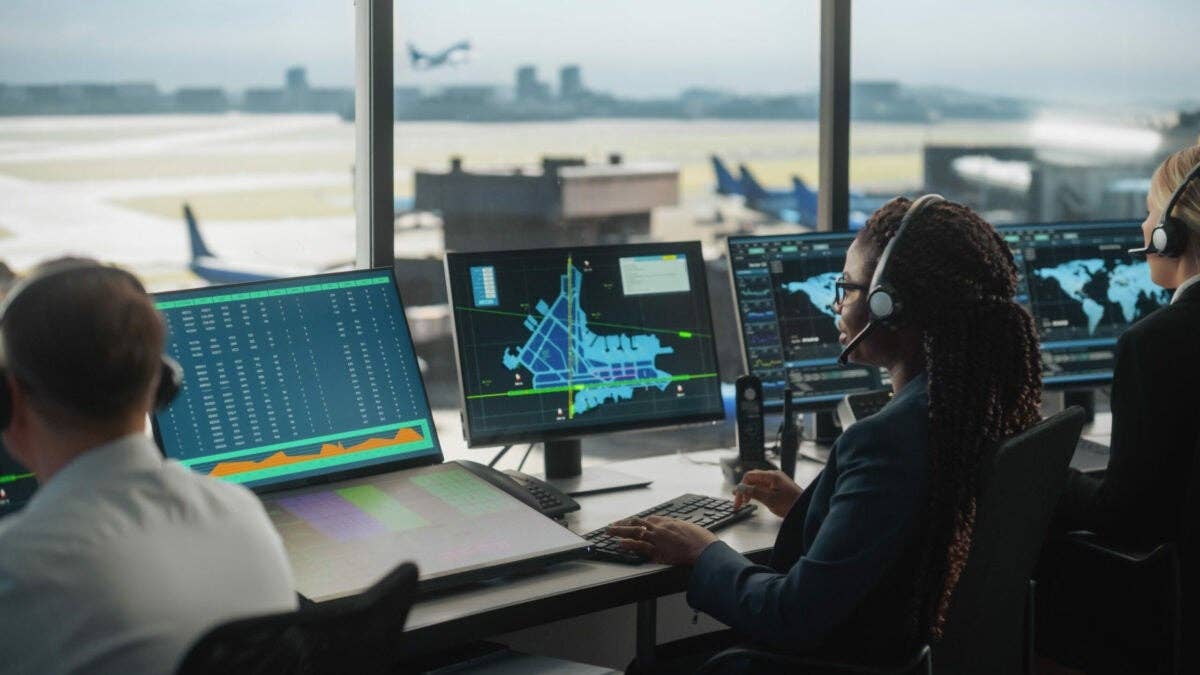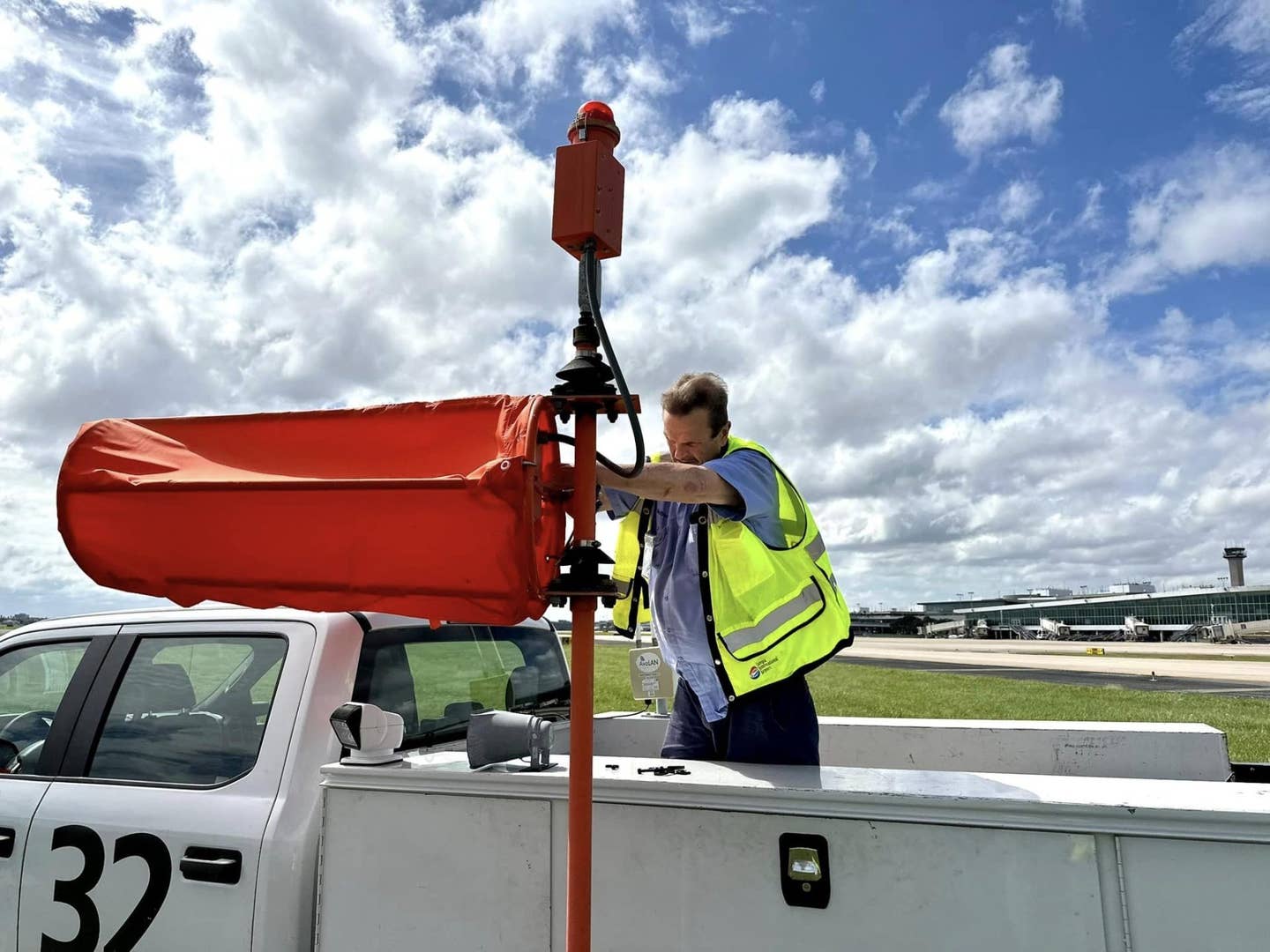Carole Hopson Propels Bessie Coleman’s Legacy Forward
Riding the success of her novel on the trailblazing Black aviator, this United Airlines pilot has plans for scholarships—and a film.

Carole Hopson flies as a first officer for United and is part of the team supporting the airline’s Aviate program. [Photo: Karston Tannis]
For Carole Hopson, the goal has always been beyond herself. The story of Bessie Coleman took hold in the heart of this pilot and former executive more than 12 years ago—and Hopson set her sights on bringing it to fruition in a way that had never been shared before.
Now, with the release of A Pair of Wings: A Novel Inspired By Pioneer Aviatrix Bessie Coleman, Hopson has pivoted.
“The book is out into the world and that was my goal,” she said in a series of interviews with FLYING. “The baby came here with a backpack and shoelaces.”
She’s referring not only to the length of time it took to incubate, internalize, and fully understand Coleman’s story before writing it down, but also to the long tail she’s envisioned the book would create from the beginning.
A Legacy of Inspiration and Scholarship
Many authors imagine their stories moving on from the page to the screen, and Hopson has that plan for A Pair of Wings. But wait—there’s a lot more. She intends the book and a movie in the works to generate enough income and donations to send “100 Black women to flight school by 2035,” she said. To make this happen, she projects she’ll need $7 million total.
"We’ve proven that we can do it.”
Carole Hopson
To this end, Hopson formed a 501(c)(3) in November 2021 following the book’s release, and the drive toward the goal has begun in earnest. She has partnered with the Luke Weathers Academy (LWFA) in Olive Branch, Mississippi, which formed in June 2018 under the auspices of the Organization of Black Airline Pilots (OBAP).
Students apply and pay for their first segment of training—the private pilot certificate—themselves, to demonstrate their commitment and drive to complete the full program, which takes them from student to CFI. The program costs run about $55,000 per year, and with the student commitment of roughly $8,000, that leaves $42,000 to be covered by donations. “It’s your own sweat and blood, you’re putting that in,” she said about the students. “If you just give it to them, it just doesn’t work as well.”
LWFA has already graduated five Black female flight instructors as of January 2022. “COVID put a damper on us like everybody,” Hopson said. One of the graduates is now flying with the airlines, one is with the U.S. Air Force Reserves, and one is instructing. “Another 50 folks have graduated, with 20 more women in the pipeline. We’ve proven that we can do it.”
Her Own Inspiring Story
Hopson comes from a place where drive took her far in her career—and it gave her wings again when she discovered aviation. She was a vice president for Foot Locker, working in Manhattan. She received a gift certificate for a flight lesson at Teterboro airport (KTEB), and soon after quit her high-powered job to pursue flying full time.
“I was happy,” Hopson said. “I went to my boss. ‘You’re crazy for telling me this,’ he said. I went and looked at the U.S. Air Force—I was too old; they wanted to make an exception—but I wanted to do it a different way. I had a signing bonus. Ready to go. Then, 9/11.”
She took the time to pursue flying in the civilian world. “I went from a six-figure income to 17 bucks an hour as a flight instructor,” she recalled. But the dream of a position with the airlines kept her going.
And not just any airline—she set her sights on United, now her employer as a first officer. “It’s not by accident that I got to United,” she said. “[There’s the] Newark base, but [flying for United] is what my friends and my pals and my mentors have done. It was one of the few airlines that I found had my family,” with members of OBAP already in the ranks.
When United launched the Aviate flight training program in December 2021—with its goal of hiring 10,000 pilots by the end of the decade, with 5,000 of them coming from schools in the Aviate program, and half of those women and people of color—Hopson said, “It’s no mistake that we’re doing what we’re doing.”
The United leadership has been phenomenal in not only promoting diversity and inclusion, but putting its corporate weight and investment behind Aviate.
The Reason for It All
Coleman’s life inspired Hopson, and she knows it can lead other young women and prospective Black pilots to aviation. “She’s like a superhero. And I didn’t know about her ’til I was 34.”
So far, the signs indicate it’s working:
“We’re starting the fundraising now and recruiting… soon we’ll have the first application to Weathers [from the book’s scholarship fund], and the first young women to the academy this time next year.”
Hopson’s charitable organization, the Jet Black Foundation, will power this incredible mission.

Sign-up for newsletters & special offers!
Get the latest FLYING stories & special offers delivered directly to your inbox


